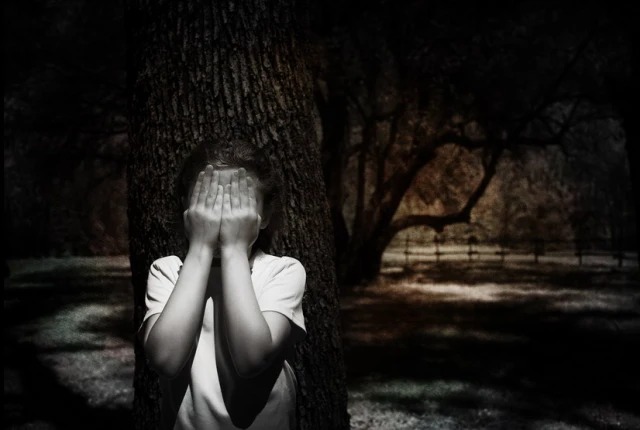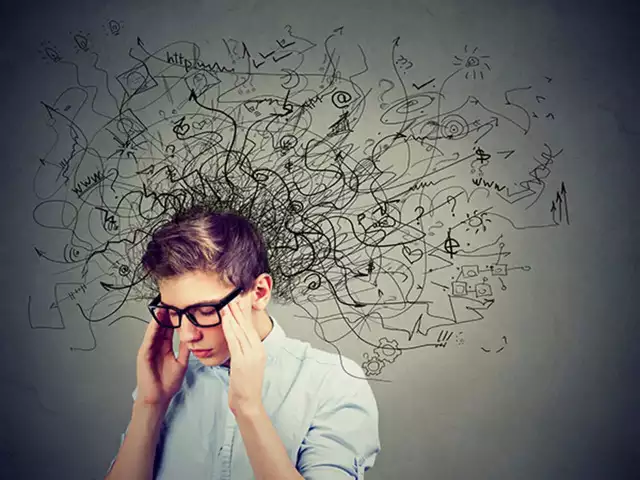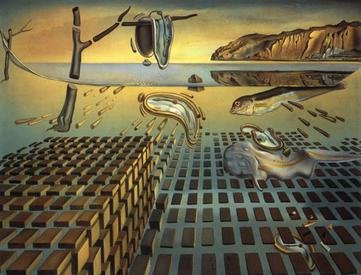Why Do Some Brains Enjoy Fear?
Fear is a basic survival instinct, but for some brains it provides an odd sort of pleasure. This thrill is created by the mixture of chemicals like adrenaline and dopamine that are released when we experience fear. The physical rush from adrenaline gives an exciting feeling, while dopamine makes this experience rewarding because it’s linked with pleasure. For a more positive perspective, facing fear can boost confidence and make it enjoyable. It’s all about feeling safe while learning why do some brains enjoy fear.
The Chemistry of Fear
Speaking of why do some brains enjoy fear? Fear initiates the fight-or-flight reaction, which is an adrenaline rush that readies you for activity. This hormone boosts your heart rate and alertness, giving you a sense of being invigorated. Dopamine, known as the “feel-good” chemical, gets released together with adrenaline. This mix gives a nice thrill, the excitement of the body’s response and pleasure from dopamine. It feels like a small win for managing your fear in an arranged environment.
Individual Differences in Brain Chemistry
Studies on why do some brains enjoy fear indicate that our brains may not all have the same reaction to dopamine when dealing with fear. It is possible for certain individuals to possess weaker “dopamine brakes,” resulting in a larger release of dopamine into their system during frightening circumstances and thus leading them towards an increased thrill. It’s similar to turning up the volume on your brain’s reward center, where fear becomes thrilling instead of paralyzing.
Why We Enjoy Fear in Controlled Settings
Even though fear is a primordial warning signal, some brains find it curiously enjoyable in controlled environments. This excitement is the result of a biological combination. The fight-or-flight reaction produces adrenaline, resulting in an exhilarating physical high. At the same time, dopamine is released, rewarding the brain for overcoming a task. This combination produces a delightful pleasure, making terror feel less like a danger and more like an exciting ride.
Also Read: Does Porn Cause Anxiety? Read Here
Overcoming Fear as a Thrill
When we see fear as something to be conquered, it can transform into a thrill. The feeling of being scared at first of the pounding heart and racing thoughts, changes into a kind of proud achievement like defeating a mini-boss in an environment that is safe. This win causes dopamine, the brain’s reward chemical, to be released. It gives an overall good feeling and strengthens the motivation to handle similar difficulties later on.
The Social Aspect of Fear
This pleasure is not only about biology. The social element of fear has a big role. When we have fun together, such as riding on a roller coaster or seeing a horror film, special social connections happen. The excitement and nervousness mix together, making us feel a sense of brotherhood. We laugh, scream and come out from the experience feeling more connected because we shared this fear.

A Survival Advantage?
Our possible answer to the question ‘why do some brains enjoy fear’ may come from the evolution process. When we watch a horror film or go on a rollercoaster, the adrenaline and dopamine rush is similar to fight-or-flight reaction: it sharpens reactions while increasing awareness. This “safe scare” might sharpen our skill to respond fast and well in a real danger, possibly improving our survival odds.
A Spectrum, Not a Binary
Fear is not a joy for all, but some brains discover it to be thrilling. This could be because of variation in how they manage pleasure chemicals. These kinds of brains might have less control on dopamine release, causing a larger surge from the adrenaline rush of fear. For the fun element, it is also about having a safe context. We might find scary movies or haunted houses enjoyable because we understand that the fear in these situations can be managed. This gives a feeling of achievement and good memory afterwards.
This euphoric rush can make regulated terrifying events, such as haunted houses, alluring. However, this satisfaction differs from crippling worry. Phobias, for example, create intense fear in specific situations, impeding regular functioning.
In Movies
Scary movies, haunted houses and other frightening events grab us with suspense and expectation. They make us question why do some brains enjoy fear. They make us feel dread by the use of methods like flickering lights, disturbing music, and foreshadowing. The unknown plays a big role what is hiding around the corner or what is softly speaking just beyond hearing distance? We are always in a state of anticipation, this uneasiness keeps us on the edge waiting for the scare.
Technologies such as VR make the distinction between genuine and simulated fear less clear. The possibility of reaching hyper-realistic experiences in VR is a subject of ethical worry. While some individuals may appreciate facing their fears within a manageable virtual environment, for others the strength could be too overpowering. Developers must tread carefully, ensuring users understand the experience and get proper conclusions on why do some brains enjoy fear.




